Forum Replies Created
-
AuthorReplies
-
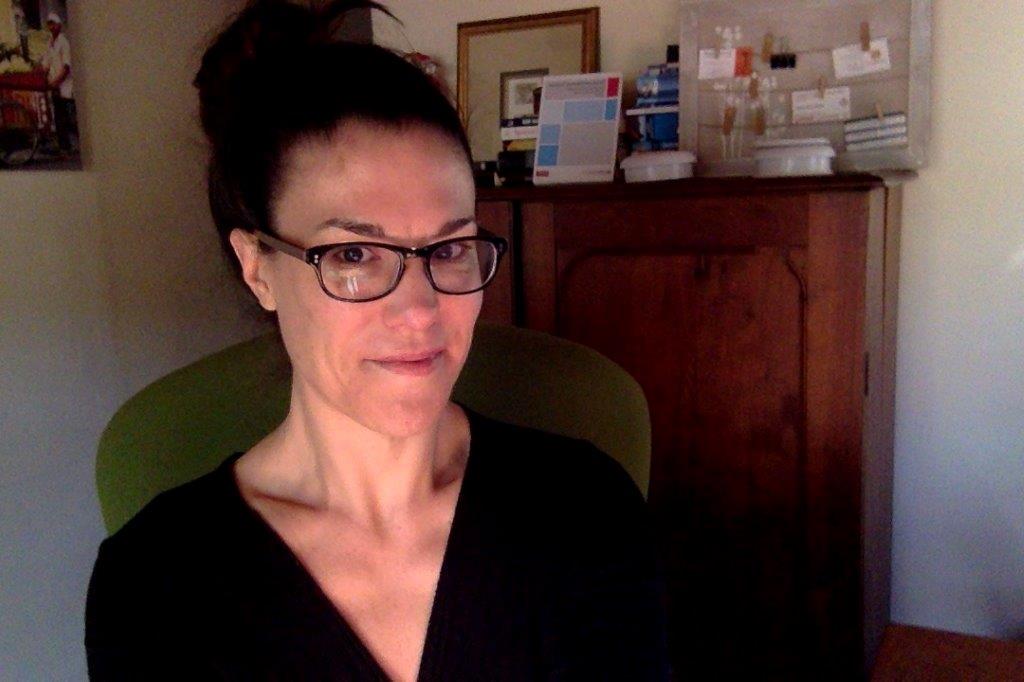 AnneMember
AnneMemberMarie Michele, you made a GREAT suggestion about sharing documents and tools. I am brainstorming with our team about different approaches, and I will follow up with everyone shortly!
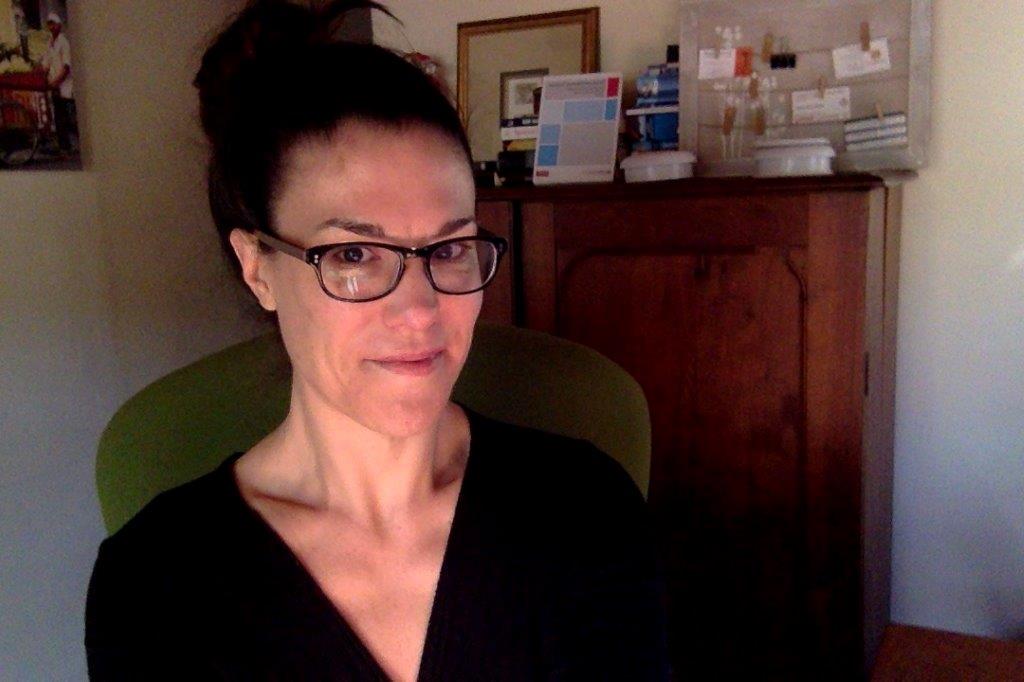 AnneMember
AnneMemberThanks, Rona!
Too often, our engagement of stakeholders is limited to recruitment. But GPP offers a framework for engaging stakeholders and using their knowledge and expertise throughout the research process–starting with the design and conduct of formative research activities!
Now I am anxious to hear from others, especially those implementers working with very marginalized populations. Here is some food for thought: What if your community stakeholders are not familiar with formative research design? How do you make roles and responsibilities clear? Do you engage these stakeholders in the validation and dissemination of formative research findings? What if increased visibility brings risks? How do manage that?
10/07/2014 at 12:16 pm in reply to: Research competency is difficult to educate to some stakeholders. #1949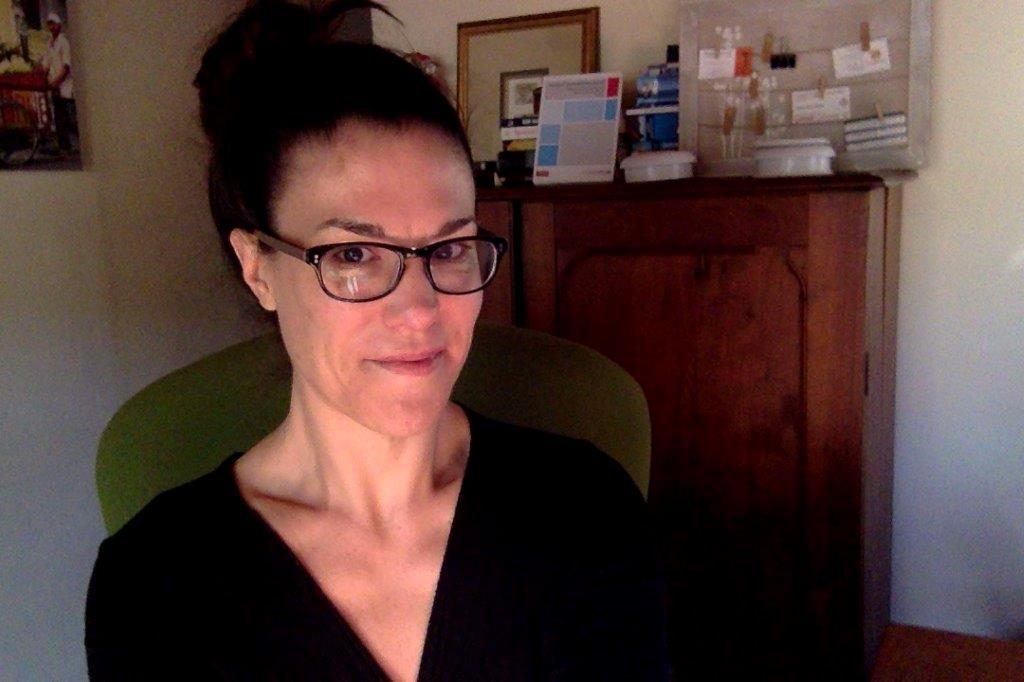 AnneMember
AnneMemberI agree with you both! Building stakeholders’ research competency is challenging but critical to improving their ability to participate in decision making.
The GPP guiding principles remind us that building a common or mutual understanding of objectives between stakeholders is vital for building effective partnerships. While researchers are responsible for engaging and involving stakeholders in the development of appropriate educational strategies, to build stakeholders’ understanding of the research and science, they are also responsible for building their own socio-cultural competency about local norms, needs, and cultures.
So everyone.. take a moment and think about how you would rate YOURSELF?
How would you rate your biomedical research competency, from 1-10 (10 being the best)?
And then how would you rate your socio-cultural competency or your understanding of your trial community’s needs, priorities, norms and circumstances?
And how can we engage stakeholders to strengthen these competencies in order to enhance our mutual understanding?
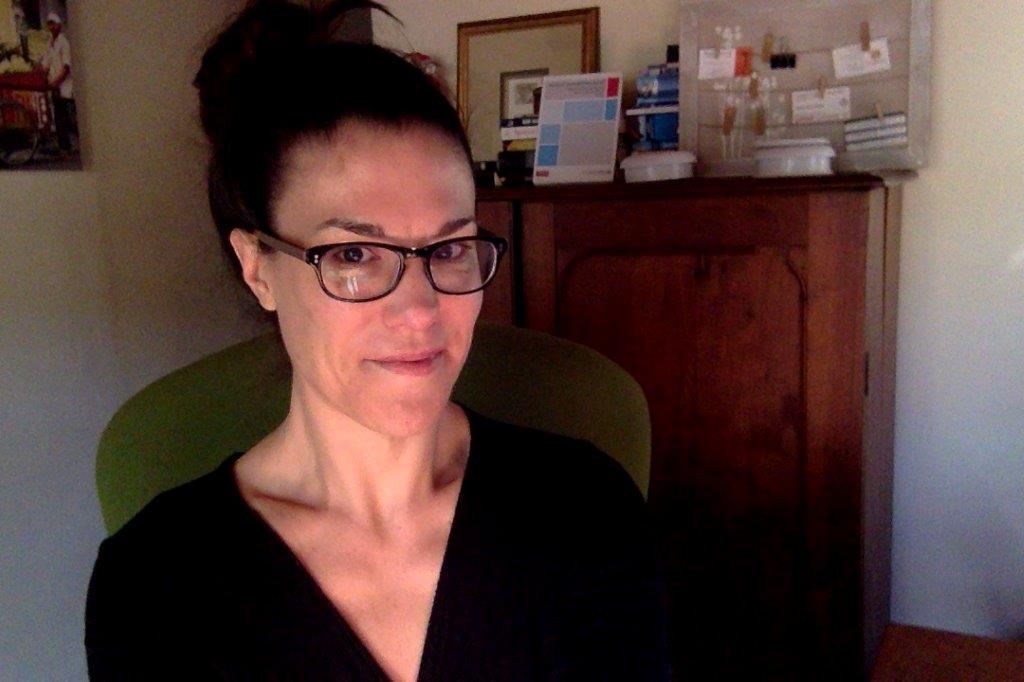 AnneMember
AnneMemberSo, I think there is agreement that concerted, deliberate stakeholder engagement is critical from the outset of the research process! But even strategic goal setting for engagement requires energy, time, and resources…..Real and effective planning must be more than a compulsory ‘check’ on the list.
How can you better commit the necessary time and resources to ensure active participation during stakeholder engagement planning (e.g. goal setting, etc) at your trial site? Is it always that easy?
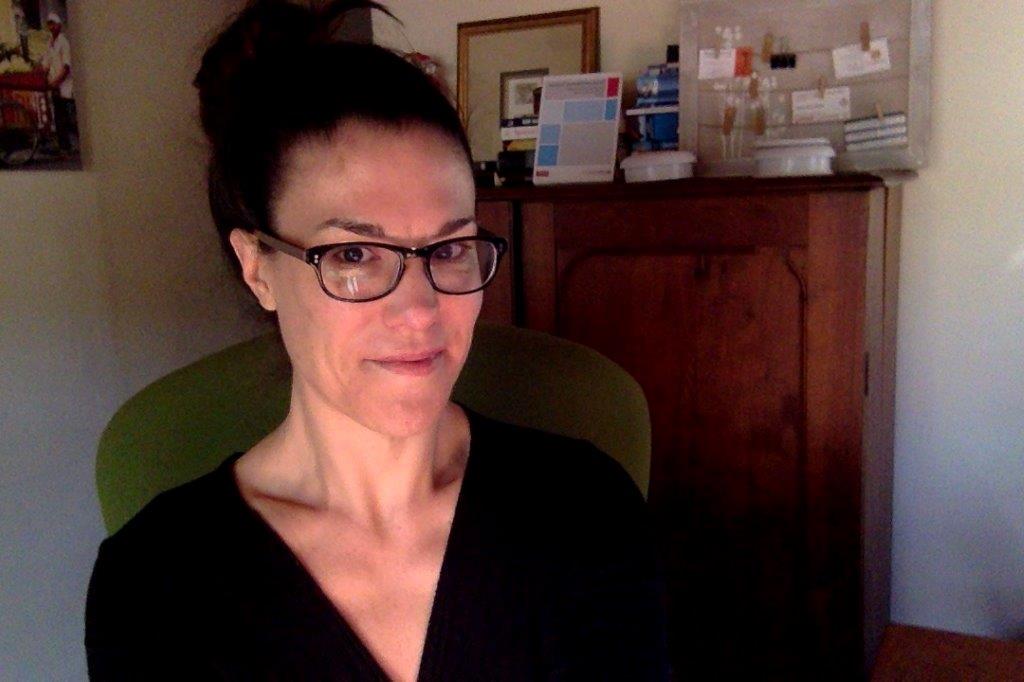 AnneMember
AnneMemberExactly, Pongpun!
And as we make our way through the GPP Blueprint in the upcoming work assignments, keep a running list of the key issues, barriers and opportunities related to your trial landscape that emerge as you answer the questions–these are what your engagement objectives should address!
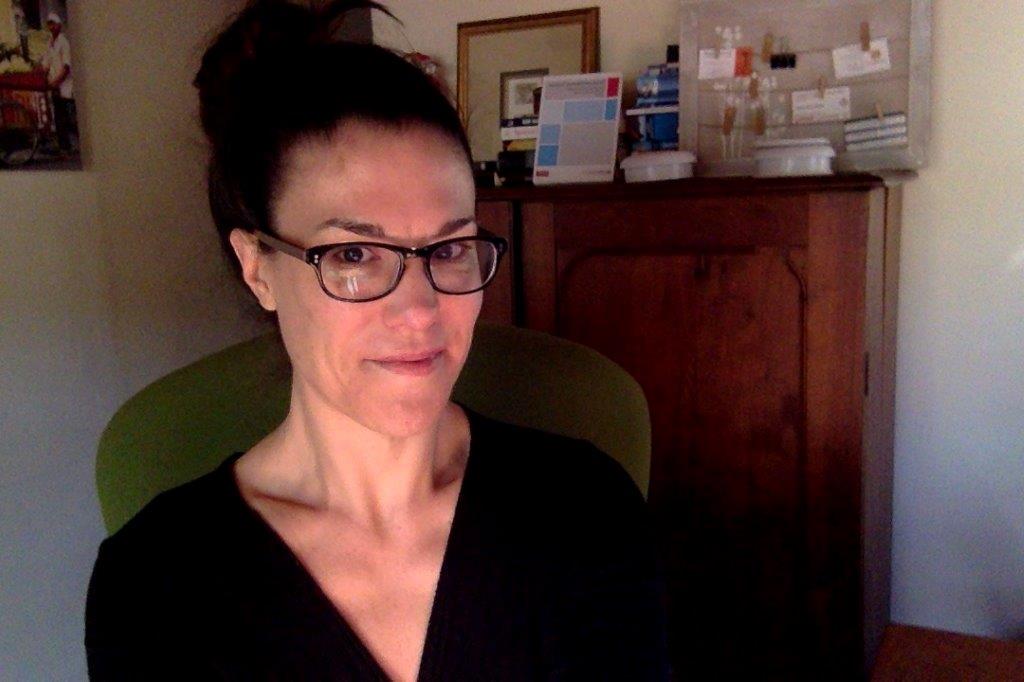 AnneMember
AnneMemberBuilding on this discussion, I would also like to ask:
How many of you are routinely setting goals and objectives for stakeholder engagement at your trial sites? Is this common practice? And, if so, what have been the benefits for your research team?
In my experience, I think collective strategic planning for stakeholder engagement can take us from short-term thinking to a much longer-term perspective. Being able to distinguish and define goals, objectives, and activities can lead to better results through better decisions, identification of more opportunities, and consideration of more factors. Do you all agree?
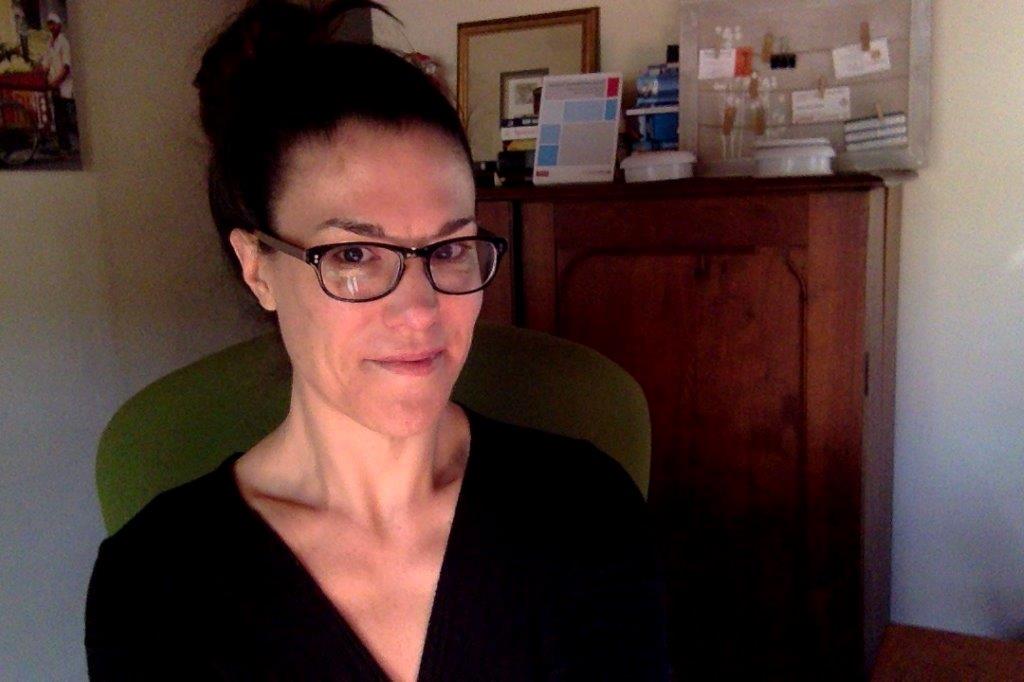 AnneMember
AnneMemberHi Agnes, Mare Michele and others…
I agree, it is very interesting to think about how we have conceived of stakeholders in the past, in comparison to how GPP describes them, and to challenge ourselves to think much more broadly…now we can consider groups or individuals who are affected, support, OR even may hinder the research at the local, regional, national and global levels. GPP also gives us a way to acknowledge the diversity of stakeholders and ensure that dominant groups are the not the only voices heard.
In Lesson 2, we learn more about the GPP guiding principles– which almost act as the philosophical foundation for GPP and stakeholder relationships. These principles do not prescribe how to specifically engage your stakeholders but they may help to you to think about your overall approaches and –as Marie Michele suggests–perhaps better self -evaluate about how we are responding to stakeholders and constructing our relationships.
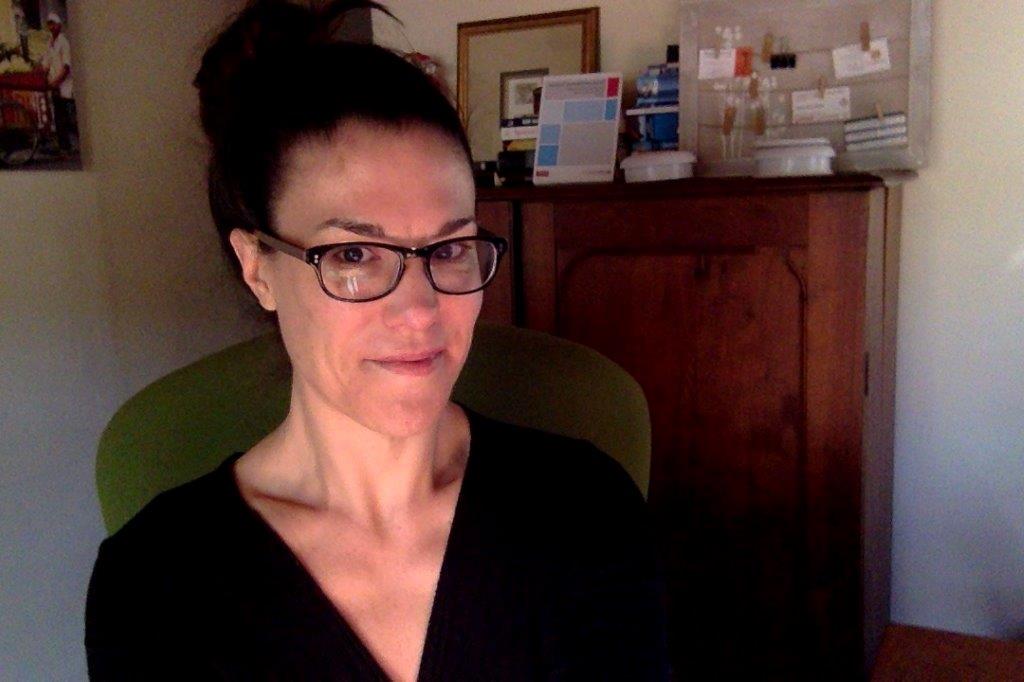 AnneMember
AnneMemberYes, Leader… I remember my time as a Site Coordinator. You may have the power to change your site’s policies or SOPs with the stroke of a pen. But changing an entrenched culture is a tough task. All research team members must have some understanding of why GPP is needed, so regular staff training is a great start.
How often do you train staff on GPP? Do you also involve other stakeholders–like CABs or community organizations– in the training?
I think creating shared value and real alignment around GPP is a much longer process. And it’s about accountability. I am looking forward to the day when trial sponsors and other stakeholders, like RAs, IECs, require that the GPP Guidelines be followed when a trial is conducted!
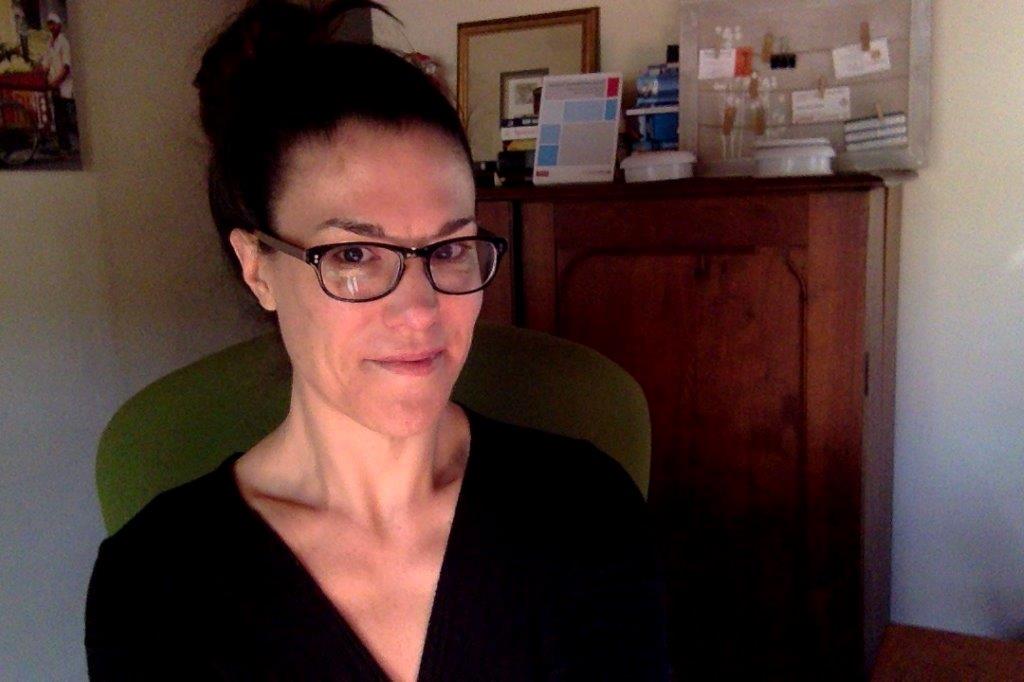 AnneMember
AnneMemberI hear you Bernadette! Building a potential relationship with community stakeholders–especially when there are high levels of stigma and sometimes distrust of the research process–is very challenging. Increasingly, in some settings, I think that health issues are actually enabling GMT leaders and stakeholders to organize, voice their rights, and form networks at the national, broader (i.e. regional/sub regional), and local levels. In other settings, although national planning documents might mention GMT populations, little programming actually exists and community members are much more isolated.
I wonder if others who work with MSM or transgender populations have ideas? And as a side note, as you probably know, amfAR has some great materials that specifically address the complexities of finding and working with the MSM and GMT communities!
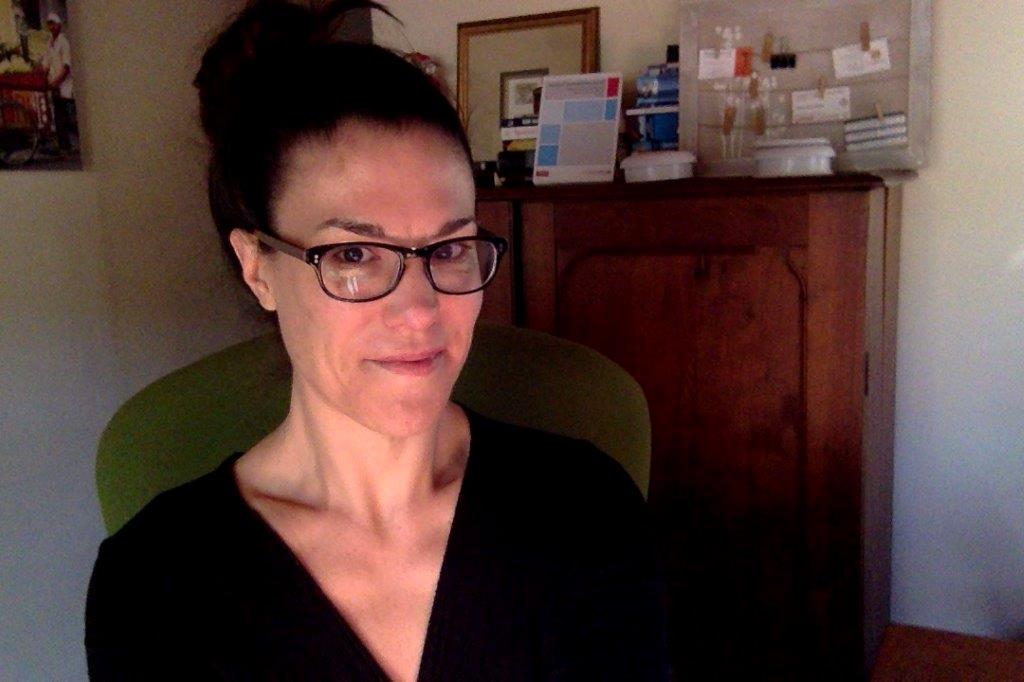 AnneMember
AnneMemberHi Jolly Jau!
I agree, it is about investment and setting expectations about the partnership– on both sides. And this process is ongoing. One trial can take many years, so stakeholder identification and engagement is ongoing and requires sustained commitment including (as you suggest) adequate resources from researchers to build literacy and enhance the capacity of stakeholders to meaningfully participate in decision making.
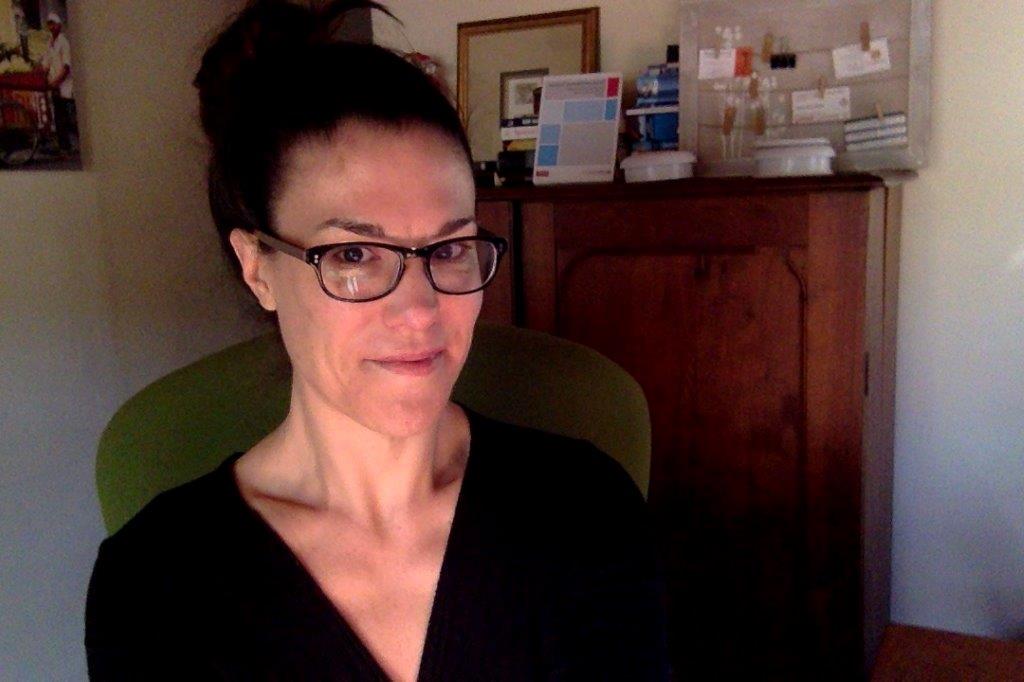 AnneMember
AnneMemberHi all:
These are great points! It’s true — the simple question “what do we mean by stakeholders” can elicit a lot of thought!
According to GPP, a stakeholder means any individual and/or group who is affected by or has an interest in the research. And GPP’s core message is that identifying and involving key stakeholders –at community, broader, national, and global levels-will lead to greater support and buy-in for the research process, more ideas on the table, a better understanding of the local context, and ultimately better quality research.
If you read the practices for all of the 16 GPP topic areas, you will see that stakeholder identification is typically the first key practice…. a statement of the obvious, but sometimes the most elusive. How exactly do we figure out who the key stakeholders are, which of them need to be involved at what level, and what priorities and needs that they bring with them? We will be talking more about stakeholder identification and analysis in Lessons 3 and 4– unpacking formative research activities as well as other practical tools and methods you can apply at your trial site.
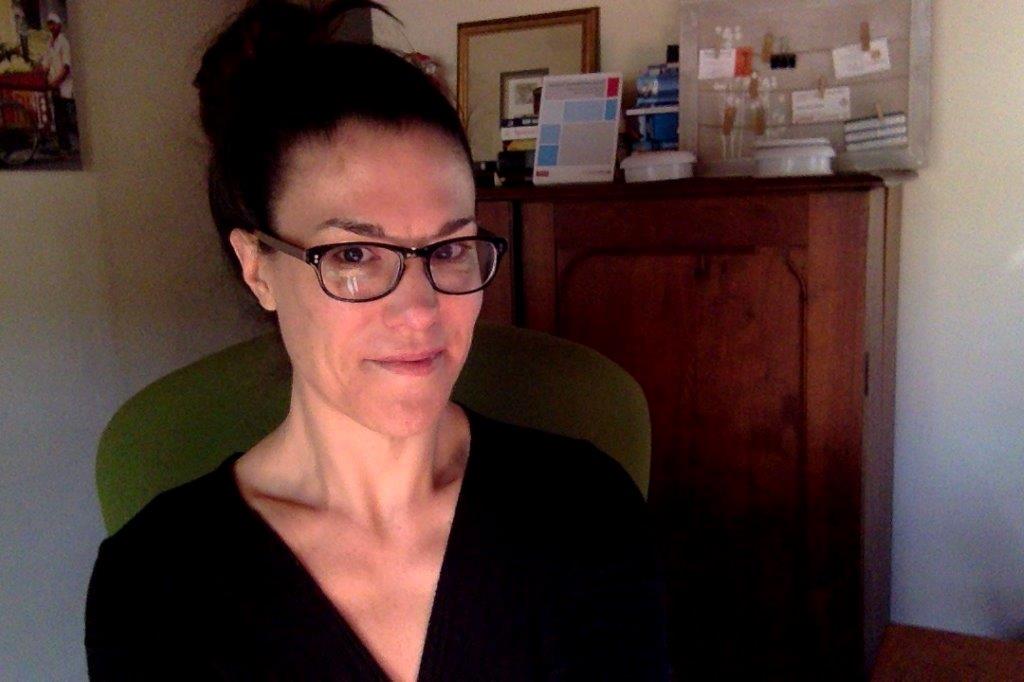 AnneMember
AnneMemberI think the second question is particularly interesting. In the real world, although the entire research team is typically aware of stakeholder engagement and related activities, not everyone may have ‘buy in’ or true understanding about its implications on research outcomes. If stakeholder engagement is to be truly integrated into and sustained in the operations of a trial site, the concept needs to be ‘owned’ by the entire team. So, how do you keep your stakeholder engagement program from becoming compartmentalized and not just the domain of your CLO?
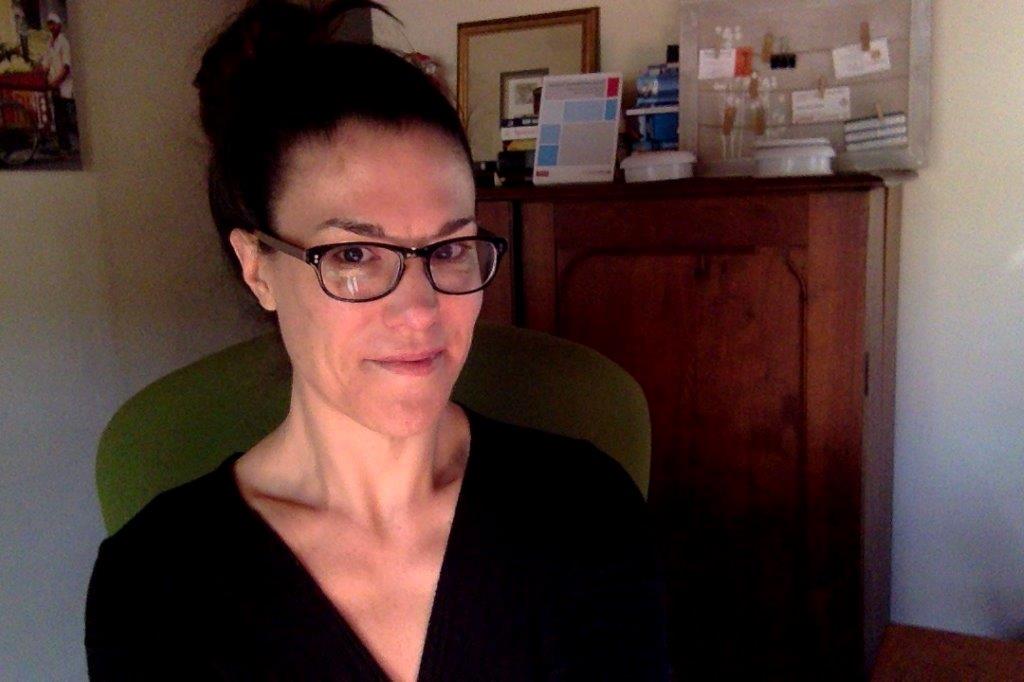 AnneMember
AnneMemberThanks Stacey! I will also send the tools around to everyone via regular email. That might be easier for some to access.
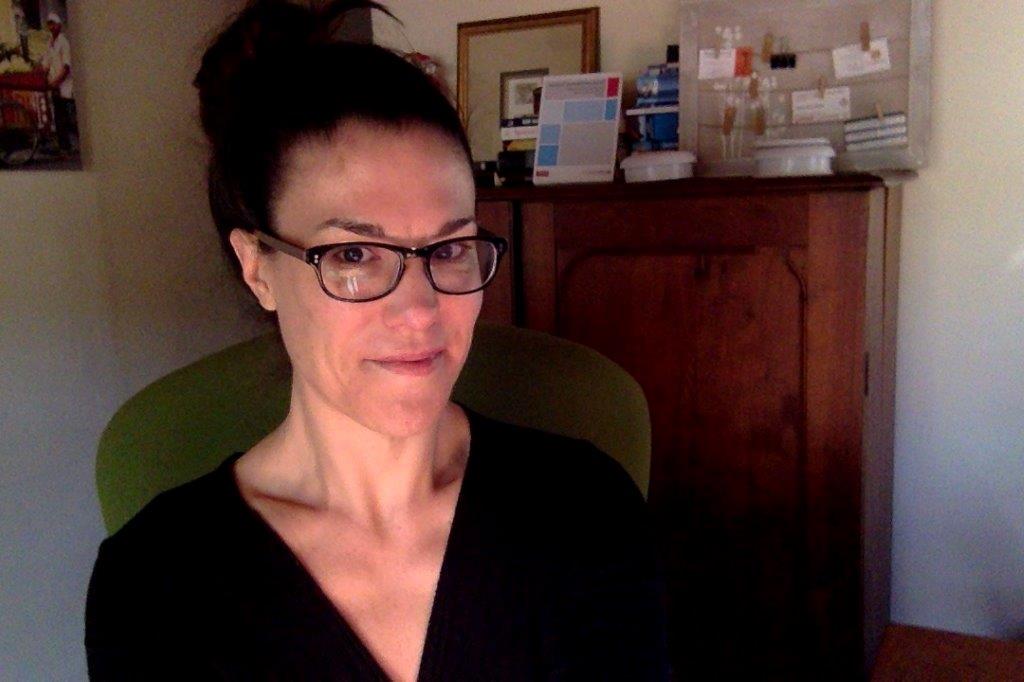 AnneMember
AnneMemberHi Mathias and all:
Yes, we are experiencing some technical glitches with the LMS, related to posting and access to Lesson 1. Thanks for your patience while we resolve the issues! Erikan will be sending out an announcement via the LMS when this is resolved.
Best,
Anne
09/22/2014 at 7:23 am in reply to: Welcome to the GPP Discussion Forum! Introduce yourself here #1744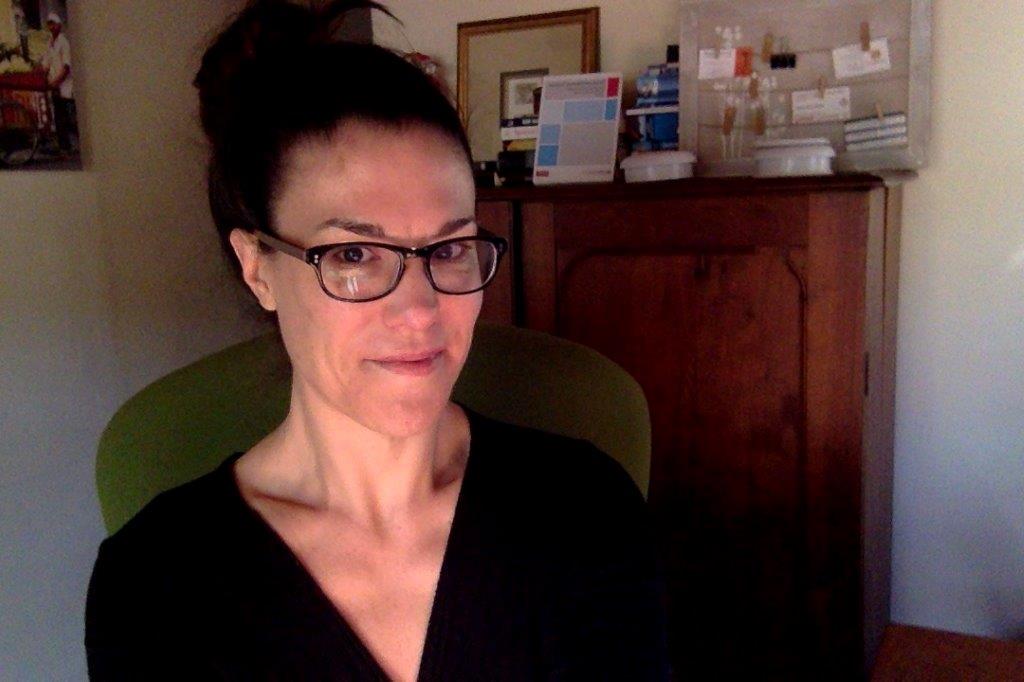 AnneMember
AnneMemberWelcome DaShawn!
I can certainly understand why your attention is held by things like injectable PrEP trials and anti-stigma interventions… very cool stuff! Before Africa became my permanent home, I also lived in NYC for a chapter and really love to hear what is happening with PrEP in that context. The introduction and scale up has been fascinating. I think we will have some interesting global exchange on that topic!
All the best, Anne
-
AuthorReplies


